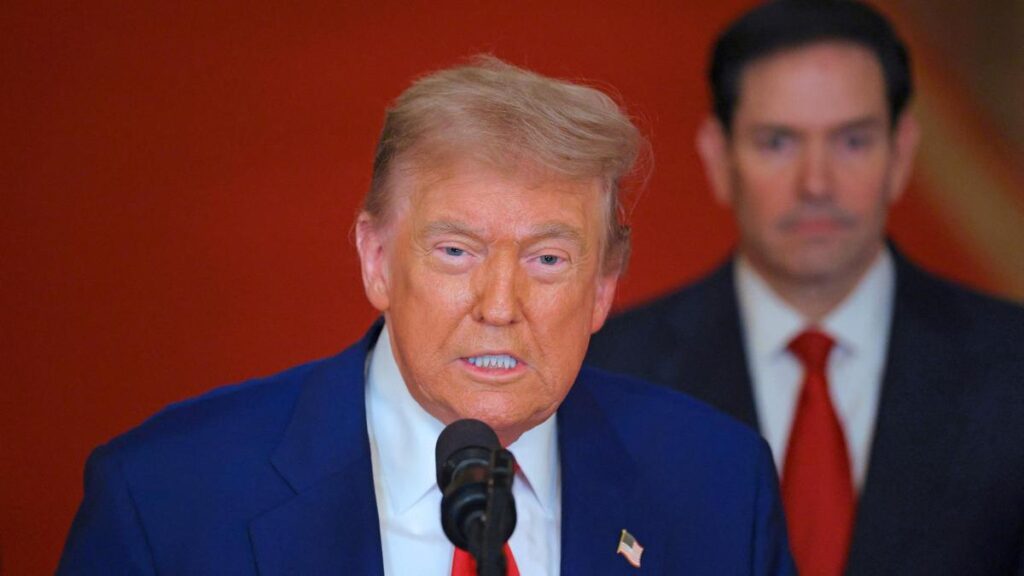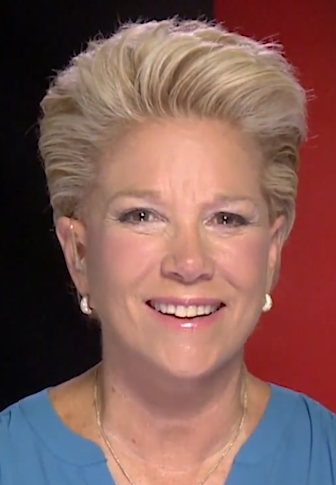
UPDATE: The Australian share market is set to shed billions when trading opens on Monday, following a shocking escalation in the US-China trade war. President Donald Trump announced a staggering 100 per cent tariff on Chinese imports effective November 1, igniting fears of economic fallout.
This announcement, made late on Friday Australian time, comes in response to China’s restrictions on rare earth material exports, crucial for the auto, electronics, and defense sectors. The renewed tensions led to a significant 2.71 per cent drop in the S&P 500 on Friday, impacting many Australians who hold US stocks as part of their superannuation funds.
Futures for the ASX 200, which tracks Australia’s main companies, are currently down 0.9 per cent at 8,896, indicating a rough start for the market on Monday. This follows a closing figure of 8,958.3 on Friday, still notably above the lows seen after Trump’s previous tariffs in 2018, which sent the market tumbling to 7,169.20.
The escalating feud between the two largest world economies poses immediate concerns for Australian investors and businesses. Under China’s new regulations, foreign companies must now seek special approval to export rare earth minerals, with military-related goods facing outright bans. This move is expected to disrupt supply chains and raise costs across multiple industries.
Experts warn that the ramifications of this trade war could ripple through global markets, affecting everything from consumer prices to stock valuations. Investors are advised to monitor developments closely as the situation unfolds.
As the Australian market braces for a challenging week ahead, all eyes will be on reactions from both government officials and market analysts. Will the government implement measures to stabilize the market? How will investors respond to this latest upheaval? Stay tuned for the latest updates on this developing story.





